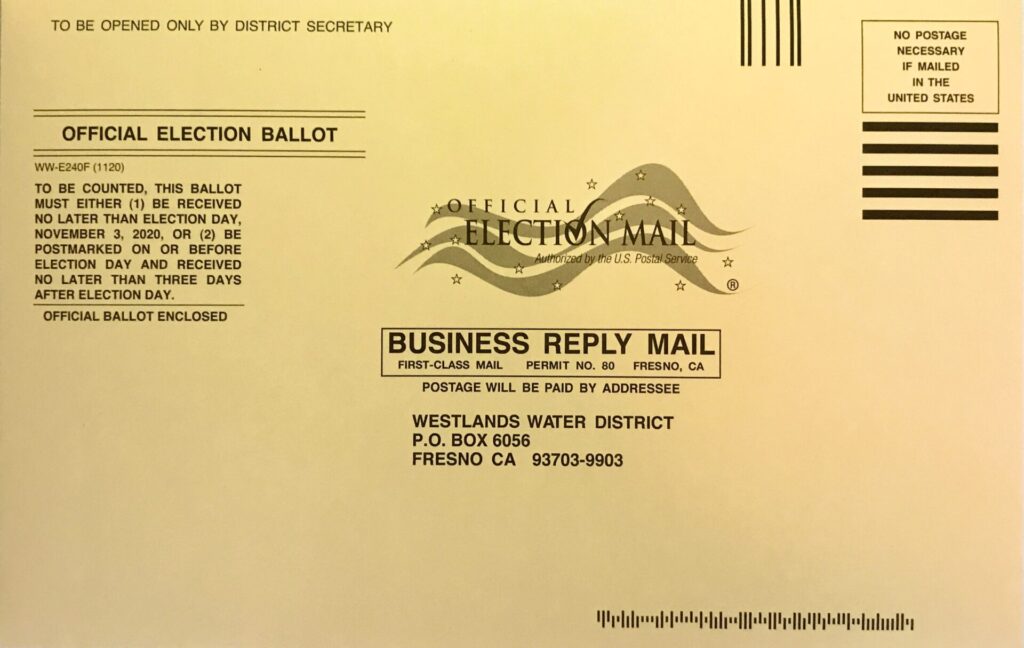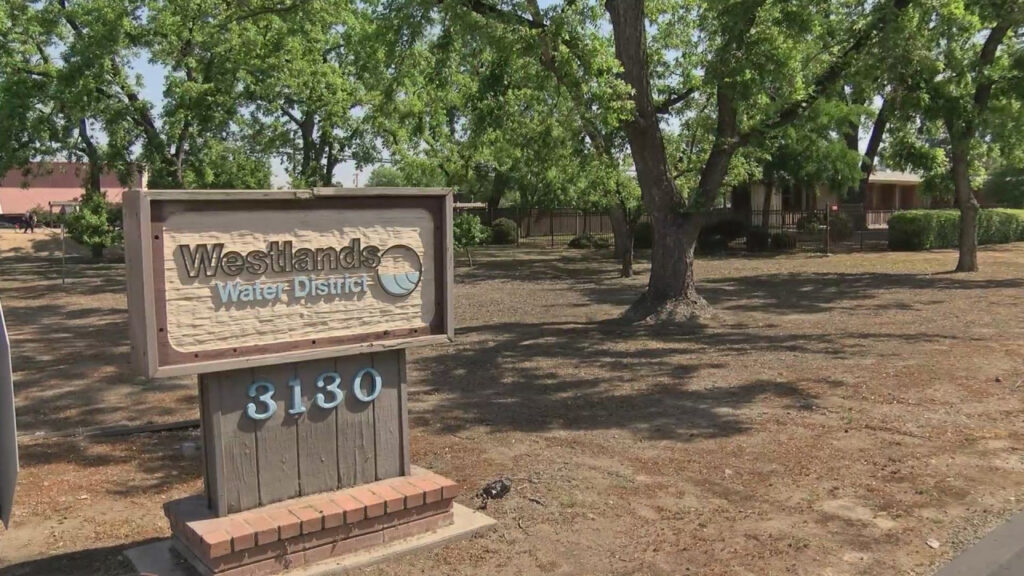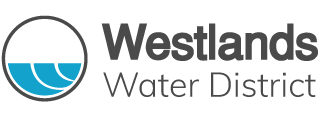Voluntary Agreements: A New Era of Collaboration
Voluntary Agreements (VAs) have been proposed as a collaborative, modern and holistic alternative to the State Water Resources Control Board’s (SWRCB) staff proposed update to the Bay-Delta Water Quality Control Plan (WQCP). From August 2018 until early 2020, state and federal agencies, public water agencies, and non-governmental organizations were engaged in robust discussions to identify the best path forward regarding the WQCP update. Westlands and other public water agencies are eager to reengage in the process to finalize the VAs, as they offer the best path forward for California water.
The VAs are aimed at protecting and restoring the Bay-Delta ecosystem while improving reliability for the 35 million people, nearly 8 million acres of farmland, and remaining California wetlands dependent on the Sacramento-San Joaquin watershed and water supply.
Westlands supports the VAs, an effort begun by Governor Jerry Brown and continued by Governor Gavin Newsom, as the best path forward for the SWRCB’s Bay-Delta WQCP update. This approach is supported by Governor Newsom’s 2020 Water Resilience Portfolio (Portfolio), which outlines more than 100 policy priorities in support of California’s water future. Of importance, the Portfolio emphasizes the completion of the VAs to manage water flows, restore habitats, and protect California’s largest rivers and the Delta.
Westlands View: Portfolio Underscores the Importance of Completing the VAs
Westlands Water District commends the work of Governor Newsom and his administration in developing the Portfolio. Among the actions included in the Portfolio, several highlight the importance of completing the VAs:
- Action 9.3: “Bring together regulators, tribes, water users, public water agencies, non-governmental organizations, and other stakeholders to develop innovative, voluntary solutions to water supply, water quality, and ecosystem protection.”
- Action 13.7: “Identify opportunities to meet legal standards in creative, collaborative ways, such as through Voluntary Agreements that enhance flows and habitat.”
- Action 18.2: “Complete the update to the Bay-Delta Water Quality Control Plan for San Francisco Bay and the Delta, as required by law, and implement the Plan, potentially through Voluntary Agreements.”
Westlands believes the VAs will ultimately provide the best path for fulfilling these actions. In fact, Westlands has long advocated for solutions that include alternatives to an unimpaired flows approach, which has not only failed to provide reliable water supplies for urban, agricultural, and environmental uses but has also failed to effectively protect native species.
The VAs include a combination functional flow and non-flow measures, including habitat restoration, and adaptive management. The benefits of functional flows was recently supported by a new study from the Public Policy Institute of California (PPIC), which recommends a “functional flows” approach to managing water for the environment. Rather than mandating unimpaired flows, functional flows focus on maintaining the components of a river’s flow (e.g., sediment movement, water quality) that ultimately protect the health of native species.
The VAs will also implement a sound and innovative science program that will provide adaptive management of water supplies to best serve the needs of the ecosystem and will establish a governance program rooted in cooperation and collaboration to manage and deploy flows and habitat.
The stakes are too high to let this moment pass as the state struggles after another dry year.
Through a collaborative, science-based approach, the VAs will help improve the Bay-Delta watershed and its tributaries by creating a comprehensive program of habitat enhancement projects coupled with a robust adaptive management process that will meet the needs of native fish and wildlife species. Importantly, the VAs will provide long-term funding to ensure water is available, habitat is restored, scientific uncertainties are reduced, and collaborative, strategic decision making occurs. All of which will improve our ability to restore the health of the watershed and improve the reliability of water that California’s people, farms and wildlife depend upon.
Primary Sidebar
In the District

WESTLANDS WATER DISTRICT 2020 GENERAL ELECTION
The terms of five members of the Board of Directors expire in December 2020, and an election to fill these positions will be held November 3, 2020. For more information visit the District's Website. For questions about voting, how to properly provide authorization to vote, or how to properly appoint a proxy, Bobbie Ormonde, the District Secretary, can be reached at (559) 241-6203, by calling the main office at (559) 224-1523, or the District’s toll-free line at (800) 266-6574. For those that would prefer email communication, please email the District Secretary at [email protected].

OFFICE COMMUNICATION DURING COVID-19 PANDEMIC – FRESNO OFFICE CLOSED
Westlands Water District’s Fresno office is closed to the public during regular business hours due to the COVID-19 pandemic. The District requests that water users conduct all District related business via phone or email, in lieu of visiting District offices. Water users can drop off payments and forms at the Fresno office through the drop box located on the front door; however, the front office door will remain locked, and the public is not permitted to enter the building at this time.
District staff seeks to maintain the safety of its employees, water users, and the public and will monitor COVID-19 developments and guidelines issued by the Center for Disease Control closely. The District will provide notices to landowners and water users should District operations be further impacted by Federal or State recommendations to slow the spread of the virus. If you have questions, please contact District staff at the main office by phone at (559) 224-1523 or email at [email protected].
Recommended Resources
ACWA DELIVERS ROADMAP TO ACHIEVING VAS TO STATE OFFICIALS
On October 15, ACWA submitted “A Roadmap To Achieving the Voluntary Agreements” to Gov. Gavin Newsom and top members of his Administration that calls on the State to take the necessary steps to re-engage on Voluntary Agreements (VAs) regarding the Sacramento-San Joaquin Bay-Delta and its tributaries.
NEW APPROACH NEEDED TO PROTECT HEALTH OF CALIFORNIA’S RIVERS
In a recent commentary piece in CalMatters, PPIC’s Ted Grantham and Jeffrey Mount propose that a “functional flows” approach – one that “focuses on preserving key functions that maintain ecosystem health and are broadly supportive of native fish and wildlife” together with physical habitat improvements – will yield a better result for the environment and for communities across California.
WATCH: LET'S TALK ABOUT THE 27R PIPELINE REPLACEMENT
Check out our new “Let’s Talk About It” video featuring Westlands’ Director of Operations and Maintenance, Bill Pierce, discussing how Westlands is proactively replacing pipe across the District to eliminate loss and ensure every drop of water is put to use.
